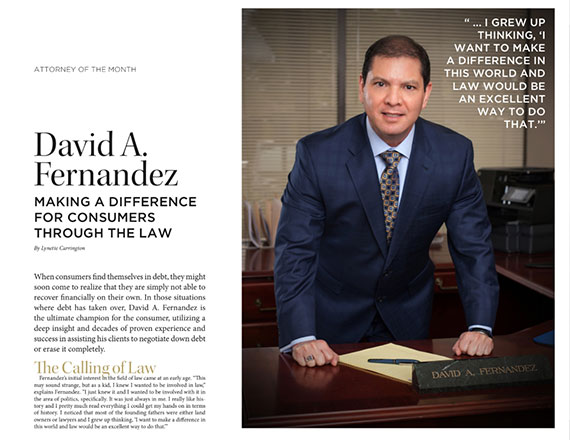Improving your credit rating involves taking positive actions that demonstrate to creditors that you are a good borrowing risk. Getting a personal loan can be an effective part of the strategy, since it allows you to establish a sound record of repayment. But you may also be in the process of repairing or restoring your credit score by trying to identify and remove errors. Should you take out a loan at this time? It depends in part on how favorable the loan terms are.
A personal loan can help with overall credit rebuilding, but you need to be careful about who you borrow from and on what conditions — so that you don’t end up actually harming your credit score. Here are some things to do and not to do:
- Do make sure the lender reports to the credit bureaus — The payments you make on your loan must be reported to the credit bureaus in order for them to be reflected in your credit report. Not all lenders report this information, however. Do research on the lender and don’t be afraid to ask if they report their type of loan to the bureaus.
- Don’t take out payday loans — Payday loans can seem attractive options because they don’t require a credit check. But payday loan payments aren’t reported to the credit bureaus, so they don’t help you rebuild credit. Worse still, if you don’t make payments on time, your late payments or defaults could be reported to the credit bureaus.
- Do review the terms of the loan — Make sure you know what’s in the fine print, including the actual interest rate and the length of the loan. Some small loans might need to be paid back in a matter of weeks and, if you can’t, you might have to borrow more.
- Don’t borrow more than you need — Remember that the main purpose of taking out a loan is to establish a pattern of repayment. A small loan accomplishes that goal. A big loan may require high monthly payments that quickly become unmanageable.
- Do make payments on time — Payment history is the single biggest factor in calculating your credit score, accounting for 35 percent of FICO’s scoring model. Payments that are 30 days late or more will show up on credit reports and hurt your score.
There are other ways to improve your credit rating, such as obtaining and using a secured credit card. This requires keeping a minimum amount of funds with the issuing bank, which serves as your credit line. Your credit repair attorney may also be able help you obtain a non-secured revolving line of credit.
At The Law Office of David A. Fernandez, P.C. in Houston, our attorneys help clients with all aspects of credit repair and restoration. Give us a call at 713-893-8509 or contact us online. We offer free initial consultations so it won’t cost you anything to speak with us.









